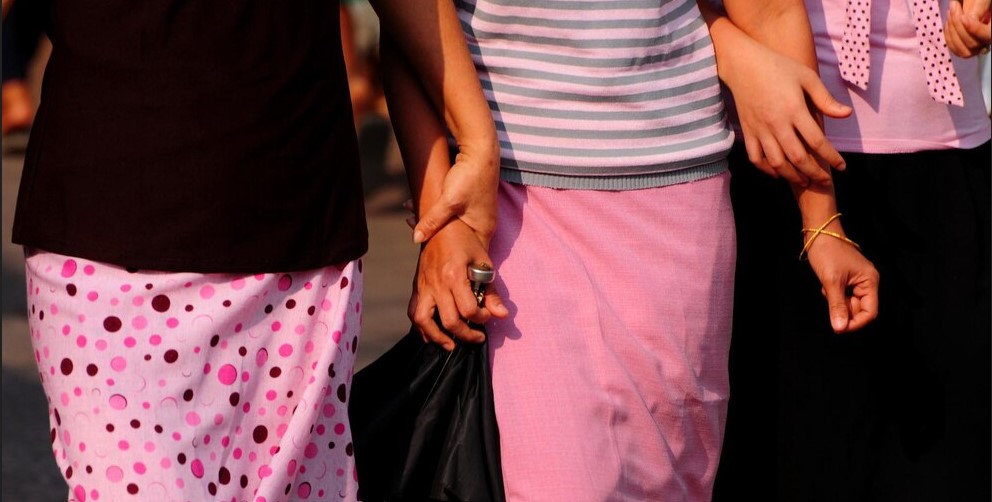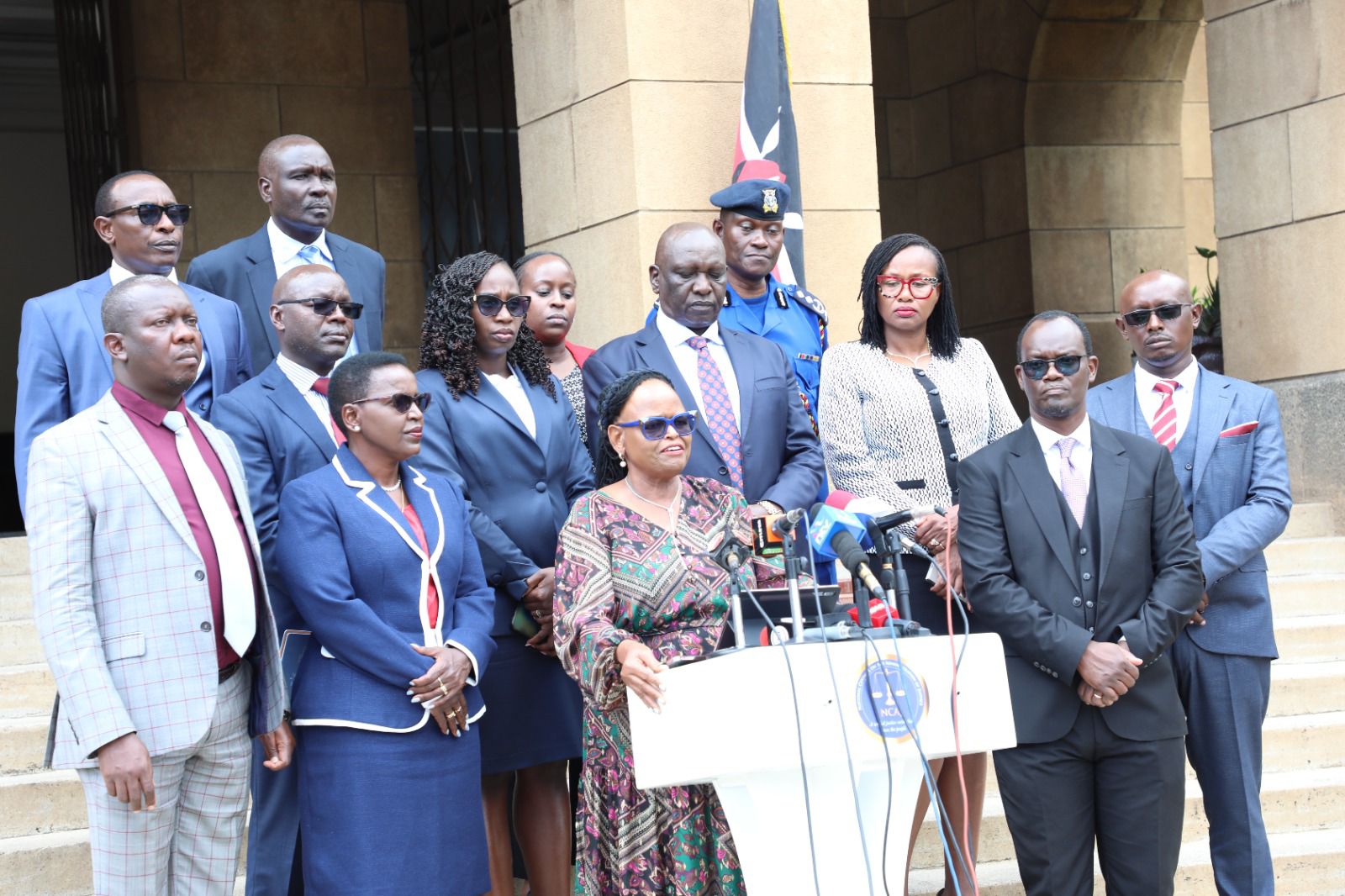Why we feel judged by what we wear: Psychology of clothing, self-worth and perception

Ultimately, what we wear may not reflect the entirety of who we are, but it does broadcast a message, one that others are always ready to receive.
If you are one of those people who feel a pang of insecurity or sadness when you see someone dressed well or looking their best, whether it is a man or a woman, you are not alone.
That quiet discomfort you feel is not just jealousy or vanity; it is often rooted in deeper issues like low self-esteem, comparison, or even past experiences that shaped how you view yourself and others.
In a world increasingly defined by quick impressions and visual communication, appearances often speak louder than words. It is easy to feel inadequate or invisible when someone else seems to effortlessly embody confidence, style, or beauty.
Studies in both psychology and sociology continue to highlight a powerful, often unconscious truth: people make snap judgments about others within seconds of meeting them, and what you are wearing plays a central role in shaping those impressions.
In this image-driven society, the clothes we wear have never mattered more.
Competence and trustworthiness
According to a study published in the Journal of Nonverbal Behaviour, individuals assess others' status, competence and trustworthiness in under seven seconds.
While factors like tone of voice and facial expression contribute, clothing is one of the strongest and most immediate influencers of perception.
“We are visual creatures by nature,” explains Dr Beatrice Wanjiru, a psychologist based in Nairobi. “Whether we like it or not, our brains are wired to process visual cues quickly, and clothing is among the first signals we register.”
Clothing is not just about fabric or fashion, it is a powerful tool that signals everything from social status to professionalism, confidence, and even moral character.
Whether consciously or unconsciously, we often associate specific types of clothing with specific traits. For instance, in professional settings, employees who dress in formal or well-structured attire are often perceived as more competent, authoritative, and deserving of respect than their casually dressed counterparts, even if their actual performance is the same.
Trust
Studies have shown that people wearing formal attire, like a suit, are more likely to be trusted and perceived as knowledgeable and dependable.
Similarly, in social settings, people who wear clean, well-fitted, and stylishly current clothing tend to receive more positive attention and respectful engagement.
This is not just about aesthetics; it is about signalling that the individual values themselves and the occasion they are attending.
In many cases, a person’s wardrobe can serve as a shortcut to expressing their social and personal identity.
Wambui says that certain styles or items of clothing are used as status symbols, signalling wealth, education, or even political affiliation.
This phenomenon is not limited to Western cultures; it applies globally and can be especially prominent in African urban centres like in Nairobi CBD, where fashion and personal image are tightly intertwined with perceptions of personal success.
Whether in cities like Nairobi, Lagos, Cape Town or Johannesburg, the way one dresses can influence everything from job prospects to the level of respect they command in social interactions.
"In urban spaces, where globalisation and traditional culture meet, clothing choices are an expression of belonging, status, and individual aspirations. Clothes are not just things covering the body, but they speak for you even before you open your mouth to speak."
The influence of clothing goes beyond professional settings. Wanjiru says that it also plays a role in how we judge one another on a personal level.
Societal norms
People who dress in a way that aligns with societal norms for beauty or attractiveness are often more readily accepted into social circles, while those who do not may face exclusion or prejudice. This visual bias reinforces societal standards and can foster feelings of insecurity, particularly in youth like Gen Z.
To fuel this, curated images we post on platforms like Instagram, LinkedIn and Facebook often come with implicit messages about who we are or who we aspire to be.
As a result, the clothes we wear have the power to shape not just how we are seen in the physical world, but how we are perceived online as well.
In the end, while clothing undoubtedly holds significant weight in the judgments others make about us, it is important to remember that these first impressions are just that, impressions.
They can be powerful, but they do not define who we are or our true worth; the challenge, perhaps, lies in balancing the visual signals we send with a deeper, more authentic sense of self.
Ultimately, what we wear may not reflect the entirety of who we are, but it does broadcast a message, one that others are always ready to receive.
Top Stories Today















































